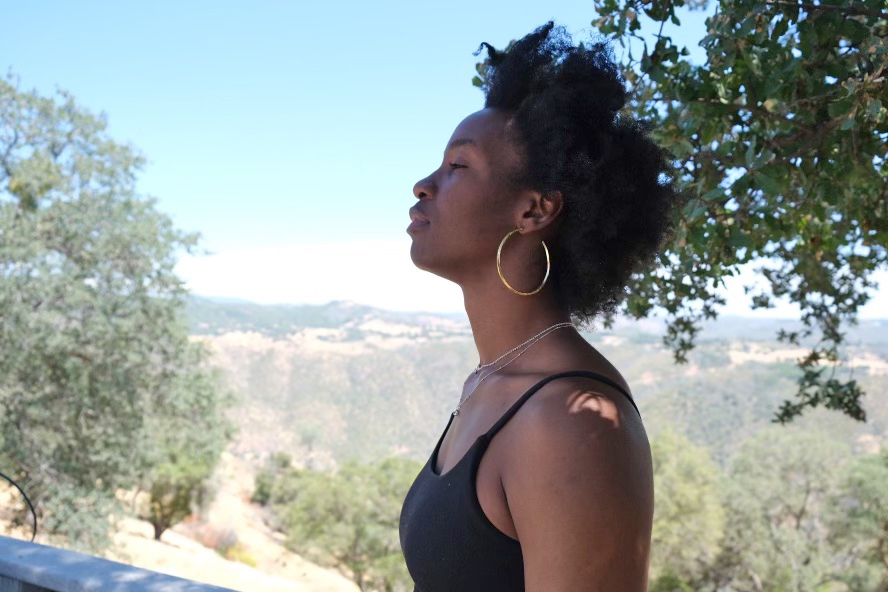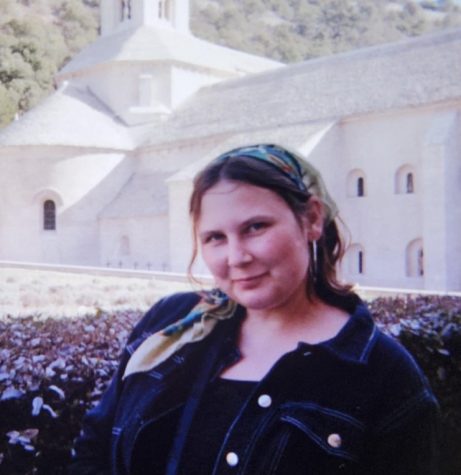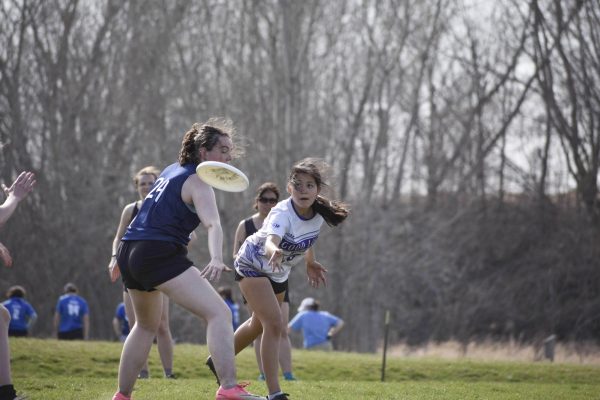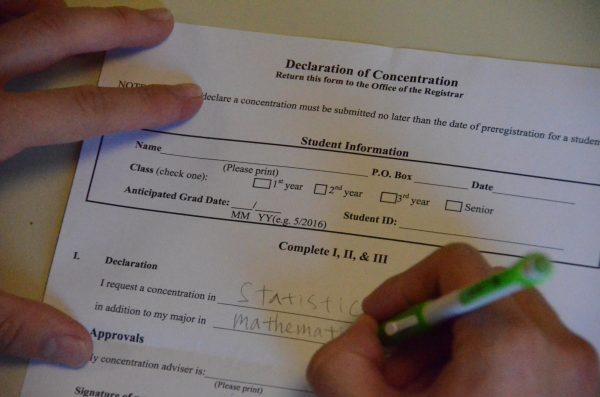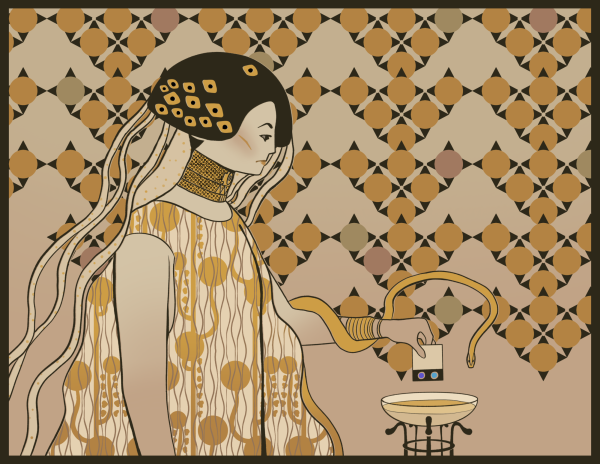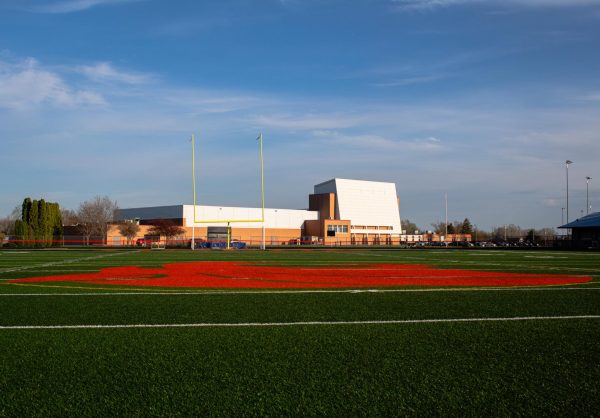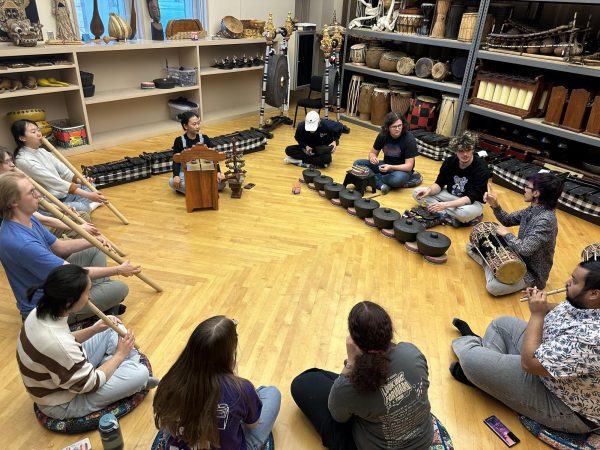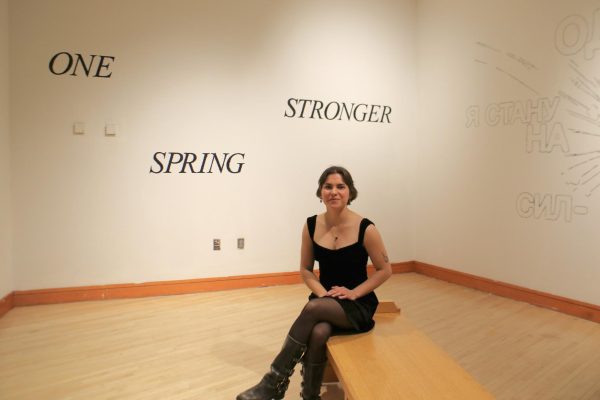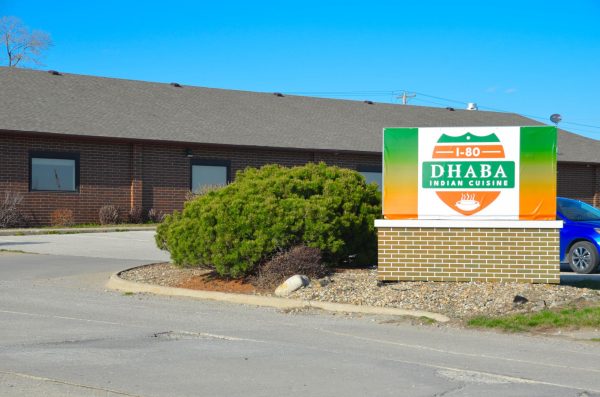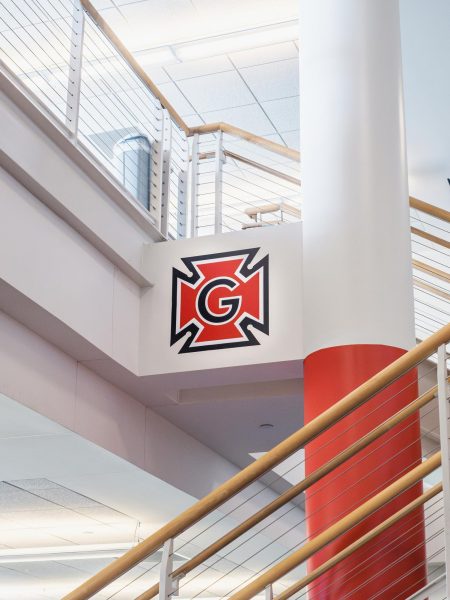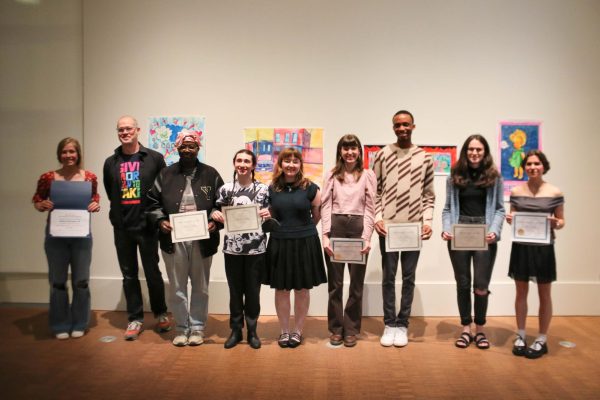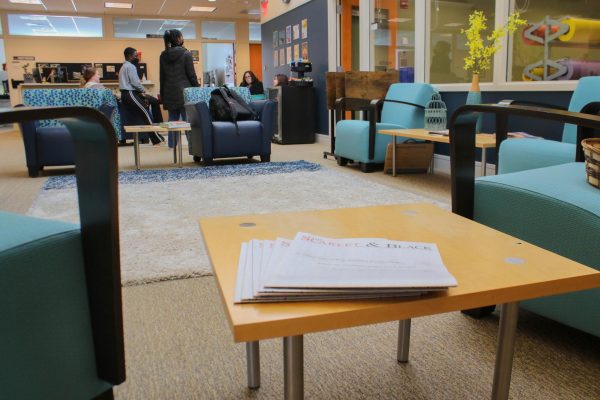Speaking with Jodie Geddes: “If you don’t know, say you don’t know”
Jodie Geddes was invited to Grinnell College’s Scholars’ Convocation to speak about her work on restorative justice.
November 14, 2022
Jodie Geddes is an advocate for racial healing and an international speaker on restorative justice. She was invited to the Grinnell College campus to present at the Oct. 27 Scholars’ Convocation, “Defining Community: Resistance and Discovery.” The S&B was able to speak with Geddes over WebEx from her home in Oakland, California after her time on campus. During the conversation, which has been edited below for clarity and brevity, Geddes shared her knowledge of restorative justice and how it can be applied in the Grinnell College community following the racist vandalism and harassment which occurred on campus in mid-October.
The S&B: I was able to attend your scholars’ convocation talk last week, and you began by introducing yourself as being from Jamaica and acknowledging your heritage and your lineage. Why did you choose to start like that and why was that an important thing to do?
Geddes: It’s a practice of remembering this deeper connection to community and ancestry. In order for people to know who I am, it’s also important to tell them where I come from because my Jamaican lineage and ancestry, while I’ve grown up in the United States as a Black woman, there are also parts of my Caribbean heritage that inform how I see race and inform how I see identity. I don’t want to ever separate those things.
For our readers who aren’t familiar with restorative justice, could you explain what it is?
There are two ways to define restorative justice, one that is much more abstract and one that is more concrete because I think it’s important for people to have all of those perspectives. On one hand, the way that my being is engaged with restorative justice is that it is a practice of remembering. What are practices, rituals and ceremonies that folks have used to be in a community that also allow them to move through moments that are hard, whether that is conflict or harm?
It’s important to name that because restorative justice, or what we name as restorative justice today, has deep roots in indigenous and Afro-centric practices that many people still continue to practice. So, for me, it is really remembering the sacredness of all people, that everyone matters, right? And I can still hold people accountable for the harm that they commit or the conflicts that they produce while also still seeing their full humanity, which I know is challenging. And I’m not asking that for everyone. I’m just saying that has always been a part of my being which is why I think I lean into restorative justice.
And in addition to that, restorative justice is a set of principles, practices and theories that inform how we’re in community with each other. But also then we ask the question, “what happens when harm takes place?” How do we create an opportunity for repair, to acknowledge that repair doesn’t require forgiveness? It really just says, “okay, all people impacted, be a part of the conversation.” And what we have in relationships, families, systems of hierarchy, is that there often isn’t an opportunity for all parties impacted to come together to identify what repair looks like. It’s important to note that many people come to restorative justice from a harm-centered lens. And while restorative processes that engage in harm and engage in conflict are really important, it is even equally important to build a culture of community.
At Grinnell, we recently had several cases of racist vandalism and harassment on campus. At the convocation talk, you made a point of being very clear about naming them as racist vandalism and racist violence, rather than calling it “the incident.”
It is always important to speak truth to power. And if we don’t name the thing and just continue to talk around it, then any actions or solutions that are created often lack real hard conversation. Part of why people might not name it is a defense mechanism. Folks might not feel like they have the language to define it and to talk about it, and I think that people are often afraid of saying the wrong thing.
While I understand that, I think that saying the wrong thing is much better than not saying anything at all. If we’re not naming the thing, what are we taking actions against? Or what are we taking actions towards? And when we name whatever it might be, when we name the harm, when we name the truth, it allows for us to also engage in a space where we don’t repeat the same actions, we don’t repeat the same harm.
And that piece is important because, in many ways, I can guarantee that students on this campus have already witnessed or been directly harmed by racial terror and racial conflict. And this specific incident was kind of the straw that broke the camel’s back — maybe not for individuals, but for the institution.
And if it is not named and simply glossed over, it doesn’t really acknowledge the magnitude of something like that. That it is not simply vandalism, but an attack, a way to terrorize people.
I know you mentioned in your talk that it’s okay to be “messy” in restorative work and that perfectionism is tied to white supremacy. I think this is connected to something I’ve seen at Grinnell, where some people might be afraid to say anything because they’re worried that they’re going to be called out or canceled in some way.
A lot of times most things are messy, but it’s about what we pay attention to. We recognize that there isn’t one answer, and we recognize that the more space that we create for many voices, we really can begin to engage in a process that’s really about dreaming about the community that we want to create.
And sometimes there’s a commitment more to the process, like the physical structure of the process, than really the voices that we’re bringing into the room. So sometimes folks might say, “Oh, you only need to meet with these three people,” but who are the voices that are missing? How do we bring them into the space?
And it is important to acknowledge that whatever people see as activism or anti-racist work is not performance, that there are many people where this work is about them also being liberated and about them being free. And I’m also one of those people that do this work as a part of my freedom. I speak truth to power as a part of my freedom because I don’t want to perform this falsehood of what Blackness is supposed to be because it’s so much more expansive than what structures of white supremacy decided that it is.
I just want people to be truthful and honest. If you don’t know, say you don’t know.




























































